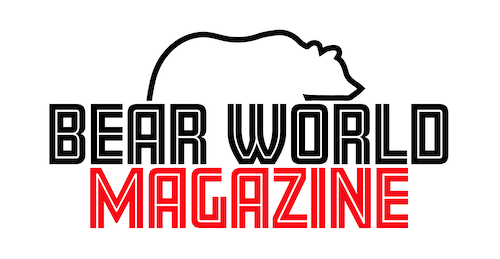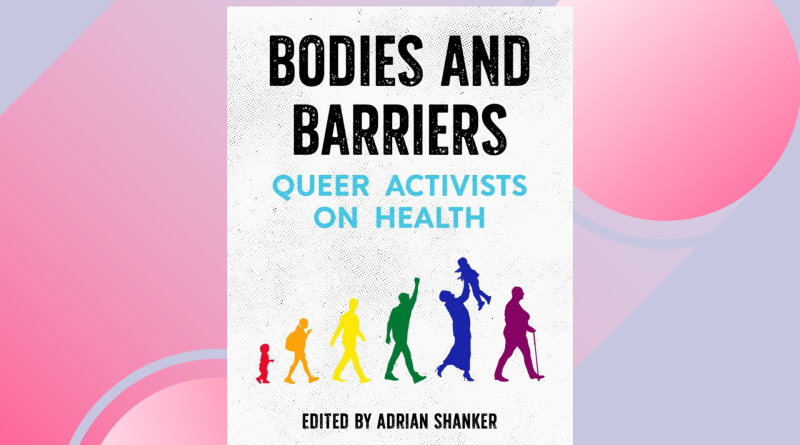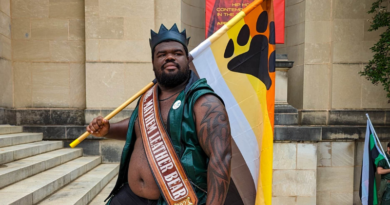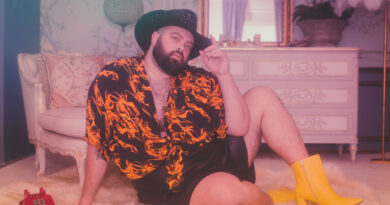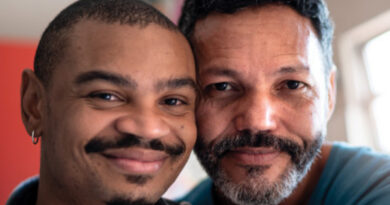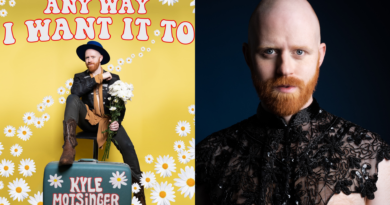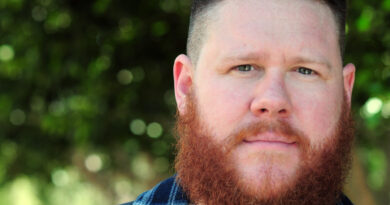Kyle Meets… Two contributing writers and the editor of ‘Bodies and Barriers’
It comes as no surprise to many of us in the LGBTQ+ community that many of us face many health challenges. However, many outside of the community are still struggling to understand the healthcare challenges leaving LGBTQ+ people to experience more intense and troublesome issues.
Through carefully and well-articulated essays written by twenty-six well-known and emerging queer activists, Bodies and Barriers: Queer Activists on Health works to inform healthcare professionals, students in health professions, policymakers, and fellow activists about some of the challenges faced by those in the LGBTQ community, while providing a better understanding of the steps that can help improve these experiences.
I had the chance to speak to two contributing writers, Justin Sabia-Tanis and Jack Harrison-Quintana, and Editor Adrian Shanker about what influenced their decision to be involved with Bodies and Barriers.
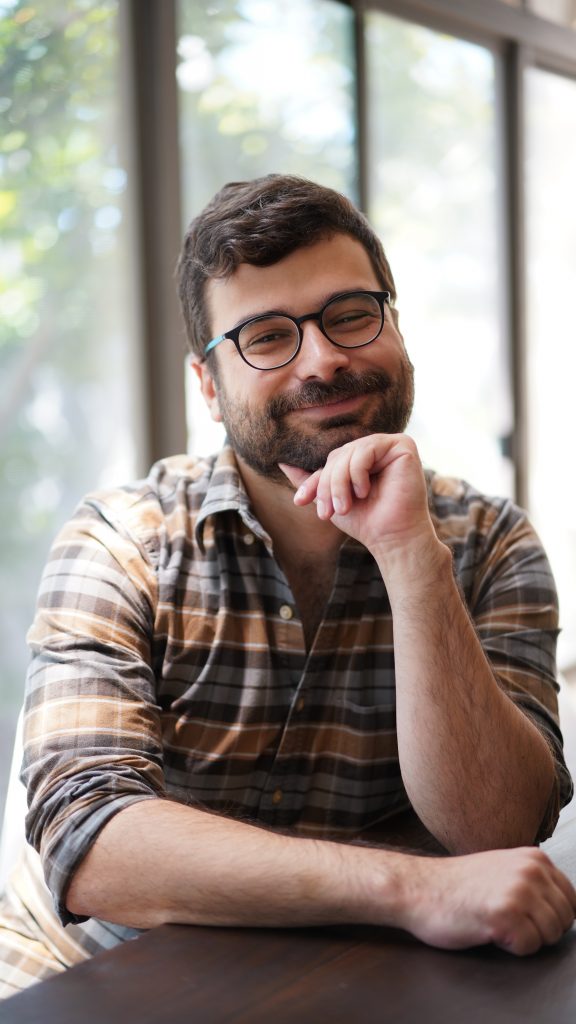
Jack Harrison-Quintana
Kyle Jackson: Can you tell us a little about your background?
Jack Harrison-Quintana: My name is Jack Harrison-Quintana and I grew up in Signal Mountain, Tennessee, right outside of Chattanooga. My mother is Latina and my dad is white and we were the only Latino family on our mountain when I was growing up.
I grew up with very accepting, progressive parents which allowed me to come out in middle school even though I was also surrounded by homophobia, biphobia, and transphobia. During that period of my life, I gathered as many LGBTQ kids I possibly could around me and our collective experiences fueled me to become a professional queer activist.
KJ: What influenced your decision to contribute to Bodies and Barriers?
JHQ: First and foremost, I got involved with this book project because of my personal belief in Adrian, the editor. We’ve been doing some very innovative projects together for years.
For example, we worked together to figure out how queer dating apps and LGBTQ community centers can collaborate to ensure rural LGBTQ Americans know about and can access local services like HIV testing in their area. So when Adrian approached me and the topic of the book also fit so neatly into the work I had been doing at Grindr, it just felt like a great opportunity.
In the big picture, healthcare providers all over the world are waking up to the fact that they have LGBTQ patients even if they didn’t know they did before. Many of them are hungry to increase their cultural competency around our unique challenges, both in terms of health itself and also the social determinants of health like the discrimination we face in employment and education.
Even within the world of cultural competency work for healthcare professionals, I was excited by Adrian’s idea because it specifically sought to foreground the voices of LGBTQ activists and put us in dialogue with healthcare providers. I thought that was really unique and exciting because so many of us who were tapped to write chapters have so much to offer in this area.
KJ: What are some other social issues you would like to see addressed for LGBT people, people of color, women and/or other minorities?
JHQ: There are so many social issues that impact LGBTQ people in all of our varied identities. I center my work on the value of joy. My personal goal is to create a world where LGBTQ people and all humans can maximize the joy in their lives, which has led me to be involved in quite a number of social movements from abortion access to immigration justice and sexual liberation.
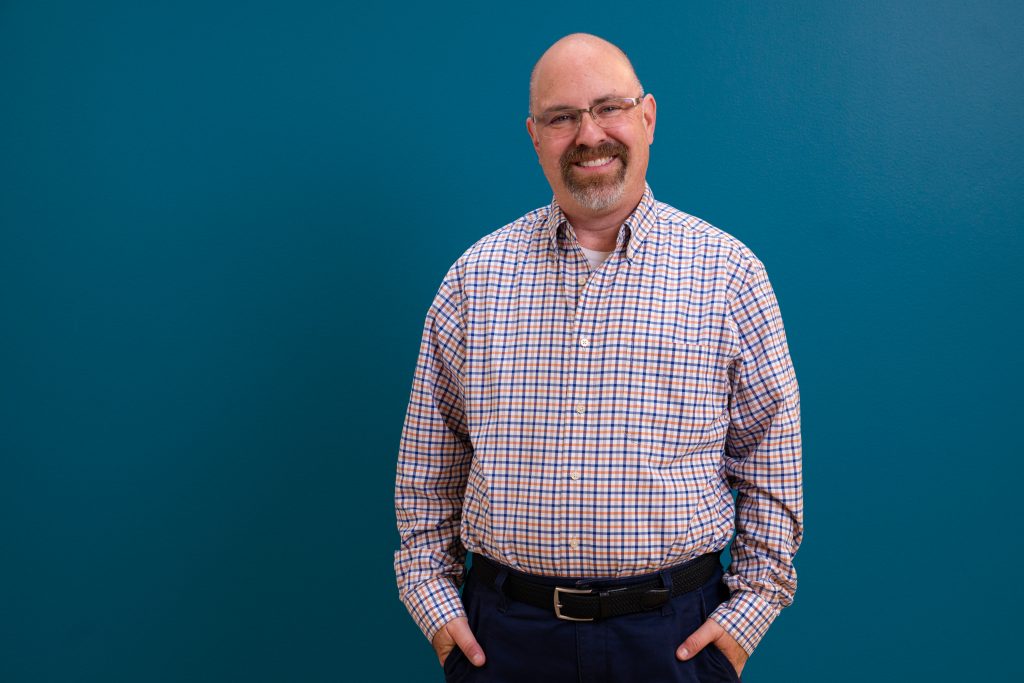
Justin Sabia-Tanis
Kyle Jackson: Can you tell us a little about your background?
Justin Sabia-Tanis: I grew up in several places on the east coast of the US and in the Netherlands. I went to school at Harvard University and have degrees from San Francisco Theological Seminary and from the Graduate Theological Union, where I got my PhD.
I have been out as queer since I was 19 (in 1985). I’ve been a pastor, activist and academic.
KJ: What influenced your decision to contribute to Bodies and Barriers?
JST: I was really excited by Adrian’s vision for the book and saw the need for queer activists to speak out from our own perspectives. There were two primary things that motivated me to write:
First, I was one of the lead authors of a report on anti-transgender discrimination, which was published as Injustice at Every Turn: The Report of the National Transgender Discrimination Survey.
That research pointed out the tremendous gaps in health care for transgender people and I saw how highlighting those issues for policymakers resulted in actual changes that benefited people’s lives. I felt that Bodies & Barriers could also bring the disparities into focus AND offer concrete ideas that arise from our community to address them. We know what we need—we need to speak for ourselves—and this brings those issues to light.
Second, about this specific chapter on grieving. In 2009, my partner died and it was incredibly difficult to find any culturally specific services. Queer grieving is different and is subject to unique societal pressures.
I wanted to offer information about that process that would be accessible to service providers and encourage our community institutions, like community centers, to offer programs that would assist people in healing process after a loss.
One of the things I highlight in the chapter is that while general support groups were welcoming of me, that’s not the same thing are really feeling understood within a group of people whose lives are like yours.
Since this is Bear World Magazine, I’ll mention that it was actually a Bear Yoga group in DC that was a significant part of my healing process when I was grieving. Being in a body-positive space where men of all body types were affirmed also offered me space to bring all of who I was emotionally. I didn’t talk about my loss with that group, but I felt included at a time when I needed that queer space.
KJ: What are some other social issues you would like to see addressed for LGBT people, people of color, women and/or other minorities?
JST: I think it is urgent that we look at LGBTQ health through an intersectional lens. We know from research that while our community in general faces high levels of discrimination, that is compounded exponentially by racism. We need to embrace ending white supremacy as a queer issue.
For example, when we talk about police killing of black men, that is a queer issue because the lives of black gay, bi and trans men are threatened by this rampant violence. When we look at the devastating economic impacts of COVID-19, this is a queer issue because we are more likely to face employment discrimination, which remains legal in so much of our country, so economic inequality is a queer issue.
KJ: Are you working on any other projects currently?
JST: I’m working to turn my dissertation into a book—I looked at queer artists who have engaged spirituality as a theme in their work. Art is a lens through which we can understand how people create spiritual statements from the margins of society, outside of religious institutions, many of which are still oppressive. I wanted to affirm and validate those outsider perspectives told through incredible works of art.
Most of my work right now is as the Director of the Social Transformation program at a progressive seminary in the Midwest. I’m really energized by my students—many of whom are queer or queer affirming—and are working to transform our world. Their visions of what our world can be are incredible.
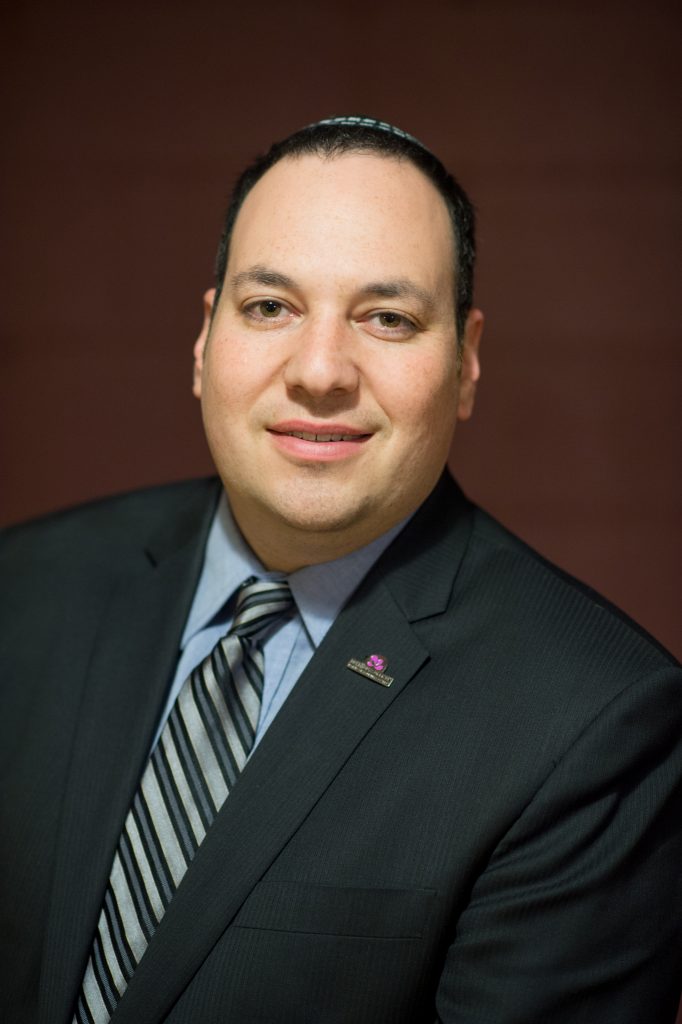
Adrian Shanker
Kyle Jackson: Can you tell us a little about your background, where you grew up, where you went to school, etc.?
Adrian Shanker: I grew up in New York in a politically active family with lesbian moms. I moved to Allentown, PA in 2004 to attend college, and I ended up staying here. I’ve lived here for 16 years and in 2014 I founded Bradbury-Sullivan LGBT Community Center, where I continue to serve as executive director.
KJ: What influenced your decision to edit to Bodies and Barriers?
AS: Two things happened that influenced my decision to put this book together.
First, when I was a graduate student at The George Washington University in their LGBT Health Policy and Practice Program, I was struck by the lack of literature written by LGBT people about our healthcare experiences. Most of what I could find was information written by healthcare providers or researchers about us. But very little published writing that was from our own experiences.
Then, I found myself in a negative healthcare experience. I went to a dermatologist for a baseline screening for skin cancer and from the moment I entered the clinic until the minute I left, I felt that the care the clinic was providing was not intended for patients like me.
It was such a negative experience that I didn’t go back for the doctor-recommended follow up.I heard so many similar stories from friends and fellow activists around the country, that I started to think about what it would be like if our doctors could hear these stories.
Bodies and Barriers: Queer Activists on Health is about queer people telling our own stories so that our healthcare professionals and our policy makers can hear them. The broken healthcare system is leaving queer bodies behind, our often unheard stories are powerful and this book is trying to amplify them because the fight for health equity is on!
KJ: What are some other social issues you would like to see addressed for LGBT people, people of color, women and/or other minorities?
AS: In Bodies and Barriers we address health broadly — Jack Harrison-Quintana writes about sexual health in the digital age where he discusses the importance of rethinking sexual health for our current times. He encourages us to think globally, to consider language access, and to consider what it means to consider our safety for our community.
Sean Strub writes about challenging HIV stigma, and in his chapter he discusses how the stigma today that people living with HIV is often greater than the stigma experienced in the early days of the epidemic.
Imani Woody writes about housing and health for LGBT older adults — because housing is a human right, but it’s also a social determinant of our health. We have to be thinking as a movement about affordable housing for queer older adults. This book brings all of these conversations together to help activists demand better from our healthcare system!
KJ: Are you working on any other projects currently?
AS: I’m privileged to work full-time in the queer movement as executive director of Bradbury-Sullivan LGBT Community Center.
At the center, I work with an amazing team to celebrate queer art and culture, promote health equity, support queer youth and adults, and create a vribrant community in a part of the country where we don’t always think queer people would have a lot of support. This is work that I live and breathe because it is so important that queer communities have the support we need — whether we are in large urban centers or vast rural communities.
Jack Harrison-Quintana
Washington, DC
Pronouns: He/Him/His
Jack Harrison-Quintana, MA, is a queer Latino activist, author, and researcher, currently serving as the vice president for social impact at Grindr and the executive director of Grindr for Equality. His work at the intersection of digital advocacy and LGBT justice has earned him recognition as one of Foreign Policy magazine’s top geopolitical thinkers of 2016, as well as Fast Company’s most creative people in business.
Prior to his current position, Jack has worked with the National LGBTQ Task Force, the National Center for Transgender Equality (NCTE), the Global Trans Research and Advocacy Project (GTRAP), and Khemara, as well as on five state and local LGBT-related ballot measure campaigns. Jack has coauthored two books—Outing Age 2010: Public Policy Issues Affecting Lesbian, Gay, Bisexual, and Transgender Elders and Injustice at Every Turn: A Report of the National Transgender Discrimination Survey.
His peer reviewed articles have appeared in the Harvard Kennedy School Journal of LGBTQ Policy Studies, Transgender Studies Quarterly, and HIV Medicine. A native of Signal Mountain, Tennessee, Jack earned both his BS in International Studies and his MA in Communication, Culture, and Technology from Georgetown University.
Justin Sabia-Tanis
Minneapolis, MN
Pronouns: He/Him/His
He is the author of Transgender: Ministry, Theology, and Communities of Faith, which was a finalist for a Lambda Literary Award, and is a contributor to Understanding Transgender Identity: Four Views. He has also contributed chapters to the Queer Bible Commentary and Take Back the Word: A Queer Reading of the Bible.
Adrian Shanker
Allentown, PA
Pronouns: He/Him/His
Adrian Shanker is an award-winning activist and organizer whose career has centered on advancing progress for the LGBT community. He has worked as an arts fundraiser, labor organizer, marketing manager, and served as President of Equality Pennsylvania for three years before founding Bradbury-Sullivan LGBT Community Center, Allentown, Pennsylvania’s LGBT Community Center, where he serves as Executive Director.
An accomplished organizer, Adrian has led numerous successful campaigns to advance LGBT progress through municipal non-discrimination and relationship recognition laws and laws to protect LGBT youth from conversion therapy. A specialist in LGBT health policy, he has developed leading-edge health promotion campaigns to advance health equity through behavioral, clinical, and policy changes.
Adrian administered data collection for the 2015 and 2018 Pennsylvania LGBT Health Needs Assessments. He is editor of Bodies and Barriers: Queer Activists on Health (PM Press, 2020) and co-author of “Queer and Quitting: Addressing Tobacco Use as an LGBTQ Issue”, a chapter in The Routledge Handbook for LGBTQIA Administration and Policy.
At the appointment of Governor Tom Wolf, Adrian serves as a Commissioner on both the Pennsylvania Commission on LGBTQ Affairs and the Pennsylvania Human Relations Commission. Previously, he served on the Office of Health Equity Advisory Board at Pennsylvania Department of Health.
Adrian earned a Graduate Certificate in LGBT Health Policy & Practice from The George Washington University and a B.A., cum laude, in Political Science and Religion Studies from Muhlenberg College. Named a “Healthcare Hero” by Lehigh Valley Business and twice named ‘Person of the Year’ by Philadelphia Gay News, Adrian has received numerous recognitions for his leadership, including the Bar Association of Lehigh County’s ‘Liberty Bell Award‘, the City of Allentown’s ‘Human Relations Award‘, Anne Frank Center USA’s ‘Spirit of Anne Frank Award‘, and GLSEN Hudson Valley’s ‘Leadership Award‘. He is a member of The Society for the Scientific Study of Sexuality and The Society for Public Health Educators.
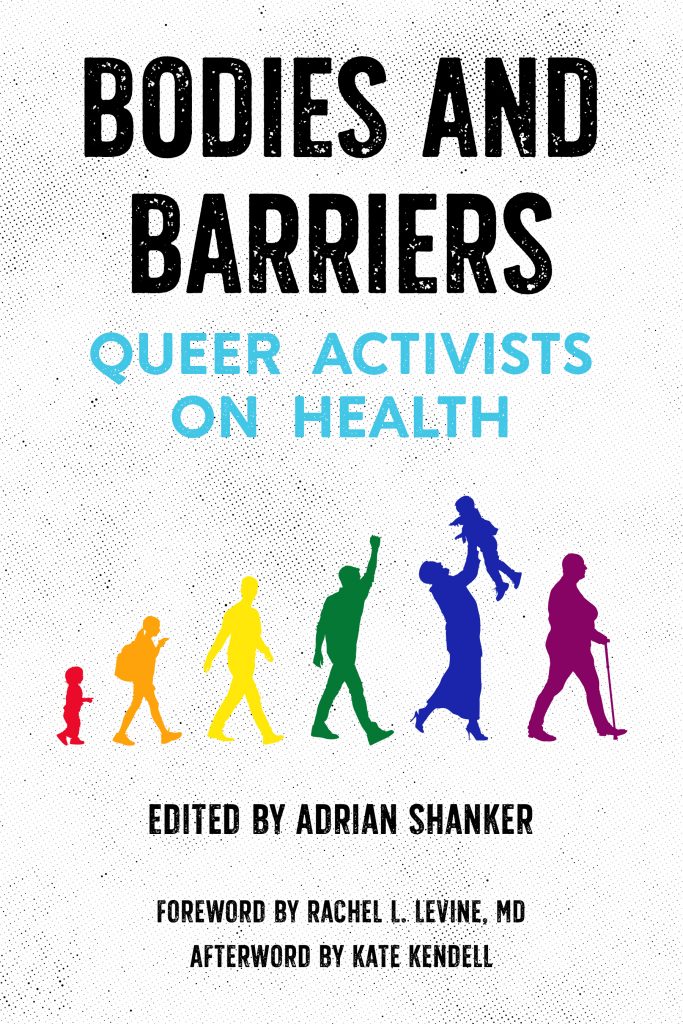
Bodies and Barriers: Queer Activists on Health is published by PM Press and is available wherever books are sold.
